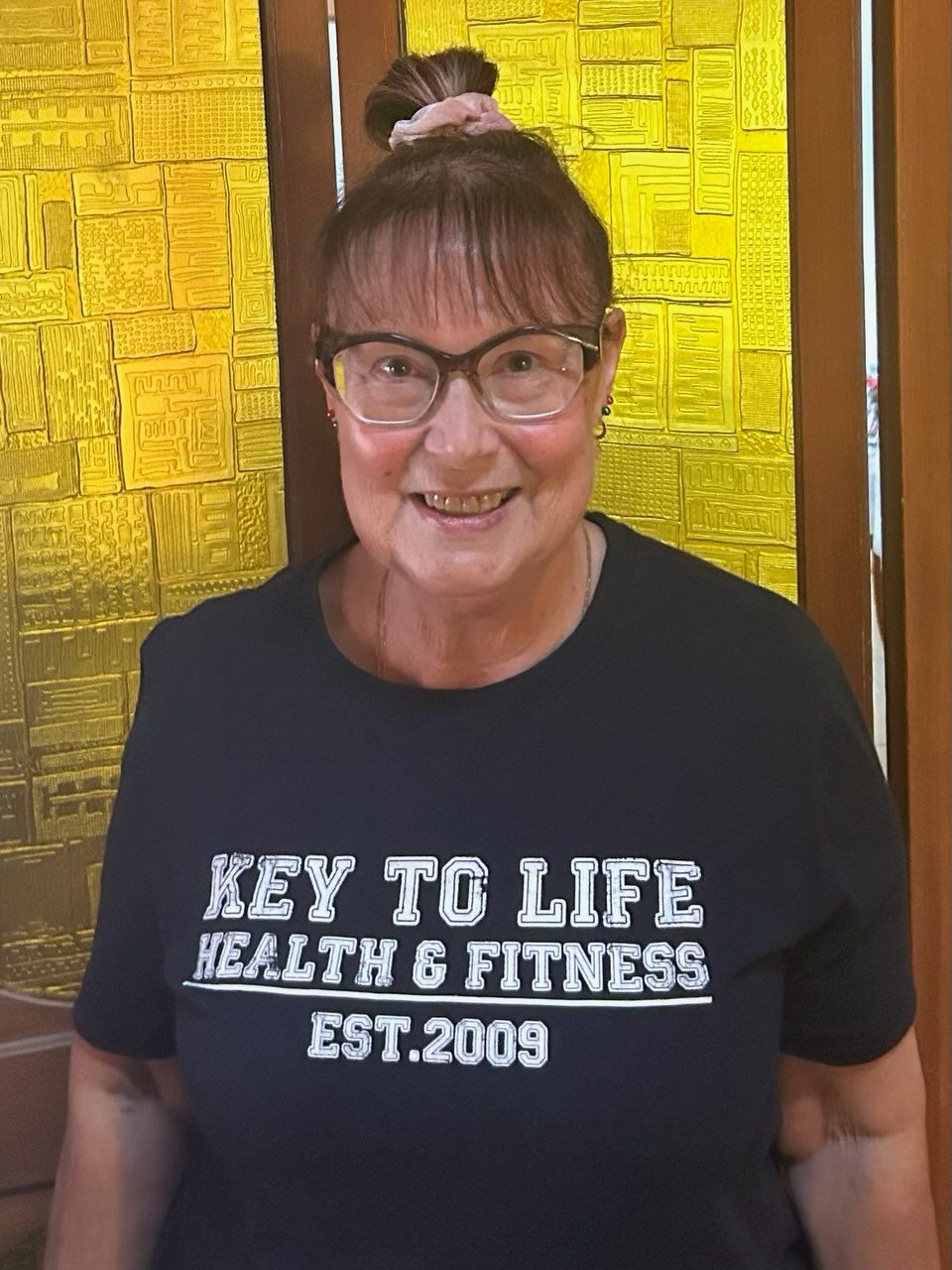What is caffeine?
What is caffeine?

Caffeine is a stimulant that acts on the brain and nervous system. It’s found in coffee, most teas, cocoa, chocolate, cola, guarana and energy drinks. Caffeine’s effect on your health is complex — it can cause minor health problems, but it can also reduce your chances of having others.
Pregnant or breastfeeding women and children should restrict their caffeine intake.
How do we consume caffeine?
Most adults get most of their caffeine from coffee. Other common sources are chocolate bars, chocolate drinks, cola drinks and energy drinks. The amount of caffeine in each of these varies, even within 1 source. For example, espresso has more caffeine than instant coffee, and dark chocolate has more caffeine than milk chocolate.
The research is not clear, but it’s likely that healthy adults can in general consume around 400mg of caffeine a day safely.
Source Caffeine (mg)
Espresso (50mL cup) 150 – 200
Energy drink (250mL can) 80 – 100
Instant coffee (1 teaspoon) 60 – 80
Dark chocolate (50g bar) 60
Black tea (250mL cup) 50
Cola (375mL can) 50
Milk chocolate (50g bar) 10
Caffeine is also found in some medications that relieve pain and treat colds and flu. Some energy supplements, appetite suppressants and weight loss products may contain caffeine too.
How does caffeine affect the body?
Caffeine affects many parts of your body, including the central nervous system, muscles, heart, lungs and kidneys.
However, it’s hard to say exactly how the body responds to it. Much of the medical research in this area has been into coffee, which contains caffeine but also many other ingredients.
What we do know is that caffeine is somewhat addictive, and many regular coffee drinkers become dependent on it.
Benefits of consuming caffeine
Because caffeine is a stimulant, it can make you feel more alert and energetic.
Also, people who drink coffee regularly might have a lower than average risk of:
type 2 diabetes — possibly because caffeine makes you more sensitive to the insulin your body produces
depression — possibly because some of the naturally occurring chemicals in caffeine can reduce inflammation of sensitive parts of the brain
Parkinson’s disease — possibly because it protects the brain cells at risk of damage in someone who has Parkinson’s disease
bowel cancer — possibly because it contains the naturally occurring chemicals cafestol and kahweol, which both protect against cancer
Alzheimer’s disease — in this case, it’s not clear why caffeine might be beneficial
And overall, it seems that coffee drinkers live longer than people who don’t drink coffee. Whether that’s due to the coffee, or to something else, isn’t clear.
Problems with consuming caffeine
Too much caffeine at any one time — for example, more than 500mg, which is 3 espresso coffees or 6-7 instant coffees — can make you feel agitated and anxious. It can make it hard for you to sleep. It may also make you breathe faster and your heart beat faster.
If you drink a lot of coffee over a long period, it might increase your risk of:
heartburn — possibly because coffee relaxes the muscle that stops acid regurgitating into the oesophagus
osteoporosis — probably because caffeine encourages you to lose calcium through your kidneys
insomnia — because of the stimulant effect
miscarriage — in this case, it’s not clear why there might be an increased risk
infertility in men — possibly because caffeine damages sperm
Areas of uncertainty
It used to be thought that caffeine caused high blood pressure and dehydration, but now it seems this might not be true.
Coffee has been said to reduce a woman’s fertility, but that also is probably not true.
Mixing caffeine with alcohol and other drugs
When alcohol is consumed with or mixed with caffeine — as it is in certain energy drinks — the caffeine can hide some of the effects of the alcohol. This can make drinkers feel more alert. As a result, they may drink more alcohol and become more impaired than they realise, putting themselves at greater risk.
Caffeine does not affect the way the body absorbs alcohol, so it won’t reduce your blood alcohol concentration or help you ‘sober up’ after a big night.
Caffeine can also interact with other drugs such as:
antibiotics
stimulants such as cocaine and methamphetamine
some medications for mental illness
some heart and asthma medications
Talk to your pharmacist or doctor to check if any medications you take could be affected by caffeine.
How much caffeine is it safe to consume?
The research is not clear, but it’s likely that healthy adults can generally consume around 400mg of caffeine a day — that’s 2 espresso coffees or 5 energy drinks.
Children should consume less than 100mg per day, and if you are pregnant or breastfeeding it’s a good idea to limit your intake to 200mg per day — 1 espresso, 2 instant coffees or 4 cups of tea.
But some people are particularly sensitive to caffeine — if you find that 1 coffee per day gives you a racing heart, then give it up.
People with health conditions should talk to their doctor about caffeine as part of any discussions about a healthy lifestyle.
Withdrawing from caffeine
Because caffeine is addictive, many people have withdrawal symptoms after a day or two without it. These symptoms can last for a few days, and include:
headaches
tiredness
irritability
nausea
difficulty concentrating
If you want to reduce the amount of caffeine you consume, it’s a good idea to do this gradually. For example, reduce your intake over a couple of weeks and avoid cutting down by more than 1 caffeinated drink between consecutive days. Another option for coffee drinkers would be to gradually switch to decaffeinated coffee.
Check labels on foods and drinks. But keep in mind that only added caffeine is labelled — if caffeine is found naturally, such as in guarana, it won’t be listed.







